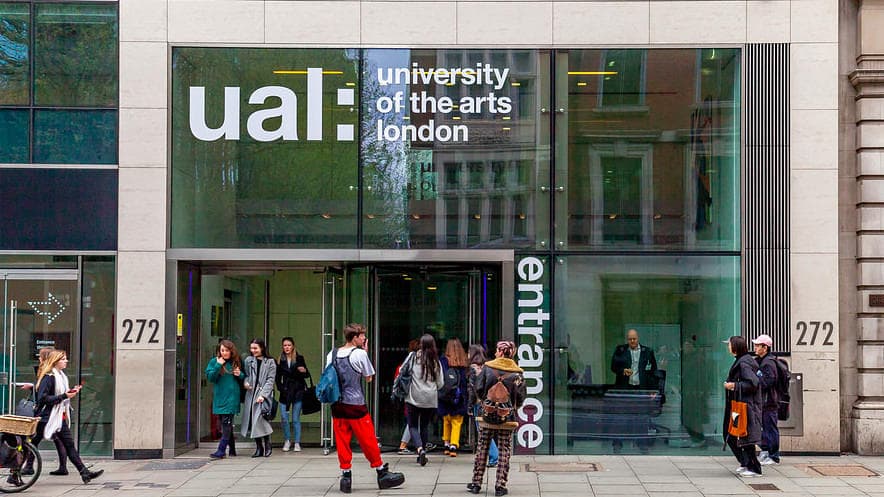MA Photojournalism and Documentary Photography is Full Time mode which runs for 45 weeks over 15 months. You will be expected to commit 40 hours per week to study.
Each course is divided into units, which are credit-rated. The minimum unit size is 20 credits. The MA course structure involves five units, totalling 180 credits.
Term 1
- Photojournalism and Documentary Practice (40 credits)
- Histories and Theories of Photojournalism and Documentary Photography (20 credits)
In Photojournalism and Documentary Practice, you will examine the theoretical, methodological and practical frameworks necessary for the research and production of successful photo essays.
This unit explores the technical, aesthetic and journalistic aspects of the photo essay, including the generation of ideas, research, shooting, picture editing and caption writing. Particular emphasis will be placed on developing a news sense of what 'makes a story’ and on the application of multimedia techniques in narrative storytelling.
The unit History of Photojournalism and Documentary Photography traces and analyses the development and historical context of photojournalism and documentary photography, identifying the major practitioners and movements, with an emphasis on their methodologies.
Term 2
- Collaborative Unit (20 credits)
- Documentary Practice with Research Methods (40 credits)
The Collaborative Unit offers a unique opportunity to collaborate with external organisations and practitioners. Working to real-time briefs, this unit equips you with new methods of working, which will be invaluable post-graduation.
Documentary Practice with Research Methods further develops your knowledge of the methodology of documentary and photojournalistic production, culminating in the production of larger scale photo essays, series or installations. This is underpinned by an emphasis on research principles, strategies and methods.
Term 3
- Documentary Practice with Research Methods (continued)
- Major Project (60 credits)
In this term, as well as completing the Documentary Practice unit, you will start to plan your major project, assisted by a variety of workshops by experienced practitioners in hostile environments, bookmaking and design, multimedia practice. You will create a rigorous, research-based critical framework for your project.
Term 4
- Major Project (continued)
This final phase of the course aims to consolidate your learning experience during the previous units through the completion of a Major Project. This will involve both the production of a major body of documentary/photojournalistic work and a related 5000-word critical report.
The majority of students produce the work for the Major Project during the summer period, meaning you work independently during this time, so you must be self-reliant and well prepared in advance for this part of the project.
The final form of the work is flexible. Previous students have presented their work in the form of a book dummy or an exhibition, immersive website, a portfolio of images as prints, multimedia presentation or as a film. Your related report must reflect academic rigour and a critical approach.
The hallmark of our graduates is their ability to combine the personal with the political, in order that their stories touch their intended audience. You will work to refine a sensitive, ethically-minded, inclusive, passionate and intellectually rigorous body of work that demands to be seen.
